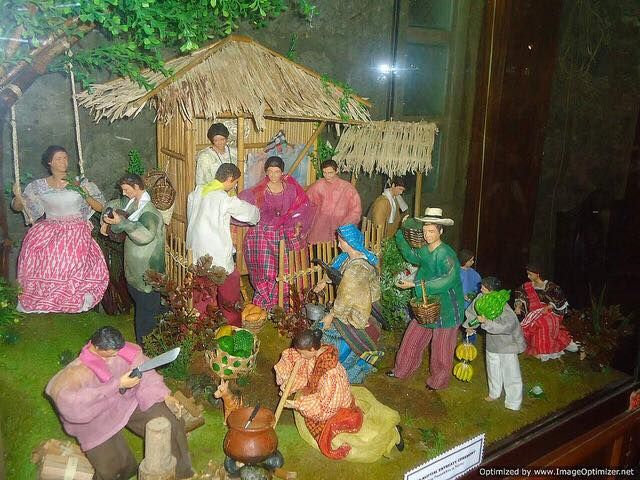The PAMAMANHIKAN tradition, which emphasizes LOVE, RESPECT, UNITY, and FAMILY, is one of the Filipino customs that I most admire. Let’s take a closer look at this one.
Marriage in the Philippines is a celebration of family, customs, and respect as well as a union of two people. A deeply ingrained habit in Filipino culture, pamamamanhikan is more than just a formality; it’s a vibrant expression of centuries-old customs that commemorate cultural practices and strengthen ties between people. It is specific to the Filipino community and entails the groom’s family formally requesting the bride’s parents’ consent to the marriage. This custom represents the communal spirit that underpins the Filipino social structure and highlights the importance that the people focus on maintaining family unity and respect. The Filipino concept of a shared identity and inner self within a community, known as “kapwa,” is closely related to pamamanganhikan. “Kapwa” highlights the vital role that Pamamanhikans play in society by highlighting the importance of social peace and strong familial bonds. It represents the union of two families and is more than just a formality, confirming the notion that marriage brings two people together as well as a happy union of their families. As a forum for families to discuss practical matters such as wedding arrangements and the couple’s future, Pamamanhikan has historically been important in promoting candid communication and understanding amongst family members. Also, by uniting the community and celebrating the upcoming marriage, this assembly embodies “bayanihan,” the Filipino spirit of unity. Pamamanhikan, seen in a broader light, represents the complex web of social values ingrained in Filipino society, including respect for elders, unity, and the sacredness of marriage. It mimics a system of society that values interdependence and maintains the indisputable position of the family as the cornerstone of society.
The meticulousness with which these preparations are carried out demonstrates the Filipino value of pakikisama, or harmonious relations, which is regarded critical in sustaining strong family relationships. It is a diplomatic exercise and demonstrates the families’ commitment to creating a supportive environment for the soon-to-be married pair. This phase, filled in symbolism and sentiment, not only prepares the families for the formalities of Pamamanhikan, but also lays the groundwork for a future marked by respect, unity, and an unbreakable relationship among the families. Pamamanhikan is based on the notion of filial piety, which is a cornerstone of Filipino culture that emphasizes respect and reverence for parents and elders. This tradition exemplifies the value that Filipino culture places on the family unit, particularly the duties of parents. It is a time that goes beyond the formality of marriage proposals, delving deep into the core of familial relationships and the bonds that hold them together. In the context of Pamamanhikan, obtaining parental blessings is more than a formality; it is a major show of deference and acknowledgement. It represents the couple’s recognition of the important role their parents played in their lives, as well as their wish to incorporate that wisdom and advice into their upcoming marriage. Pamamanhikan’s present relevance is seen in how it promotes intergenerational discussion, combining elder wisdom with the desires of the younger generation. This fusion of viewpoints not only enriches the heritage, but also ensures its continuous relevance and resonance in modern Filipino culture. It is a heartbreaking reminder that Pamamanhikan is about more than just obtaining parental approval; it is also about celebrating familial bonds, which are vital to Filipino identity. It is a powerful symbol of how cultural practices can evolve while maintaining their essence, ensuring that the deep-rooted values of elder respect and familial unity are carried forward into the future, bridging the past and the present in a continuous thread of cultural identity and familial love. So, whether you’re a native or a foreigner, appreciating Filipino culture and traditions will help you form stronger bonds and appreciate the beauty of diversity.

